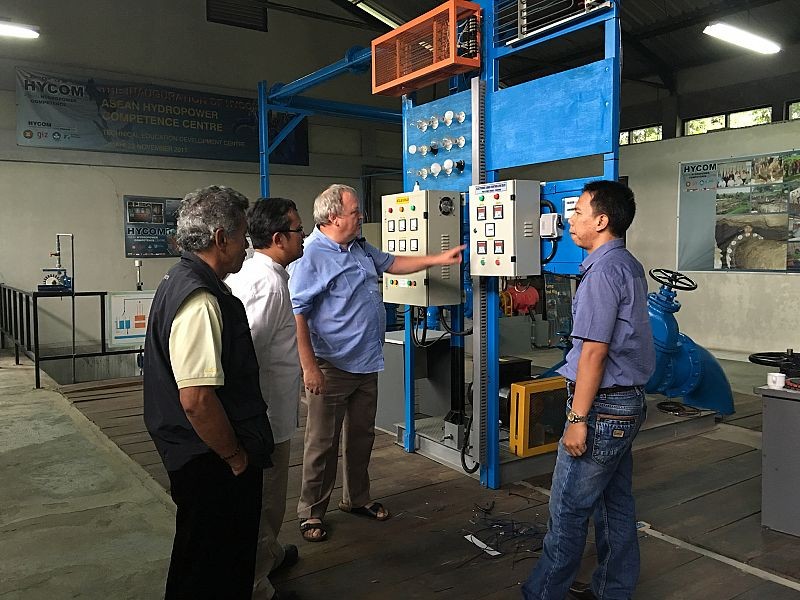We have successfully completed another Train the Trainer sessions as part of our Youth Energy project. This round highlighted the potential of green hydrogen and wind power in driving Argentina’s energy transition. Read on to explore the key concepts and content of the training, held in early March in the Autonomous City of Buenos Aires.
Improving The Sustainability Of Micro-Hydro Projects Through Knowledge-Sharing Tools
One of our recent SEPS exchange activities aims to increase the technical and economical sustainability of micro-hydro projects by designing and offering micro-hydro practitioners a set of tools, including quality standards, accessibility to adequate technology, and community-led load management.
Over the last months, project activities generated the following progress:
- Grid Code and Standards: Based on a comprehensive review of existing codes and their usability gaps, the project team around TONIBUNG developed a set of standards that will later be developed into a smart phone app.
- Database of Service Providers: A list of MHP service providers in the region has been mostly developed and will go through one more review from Hydro Empowerment Network members to ensure all suppliers in the region are included.
- Load Indicator Device & Fabrication Manual: The aim is to create and document the design of a low-cost DIY load indicator device which MHP practitioners can provide to their communities. At this time, our project partners are assessing existing common devices and components to develop a custom device which any practitioner in the region could build at minimal cost.
- Other tools which are currently being developed include an interactive visual tool on electronic load controllers
All tools will eventually be applied to several MHP communities which TONIBUNG/CREATE will then interconnect into one MHP system.
Find more general information on this SEPS exchange activity here: Exchange: Improving the Sustainability of Micro-Hydropower Projects: Development of Knowledge-Sharing Tools


